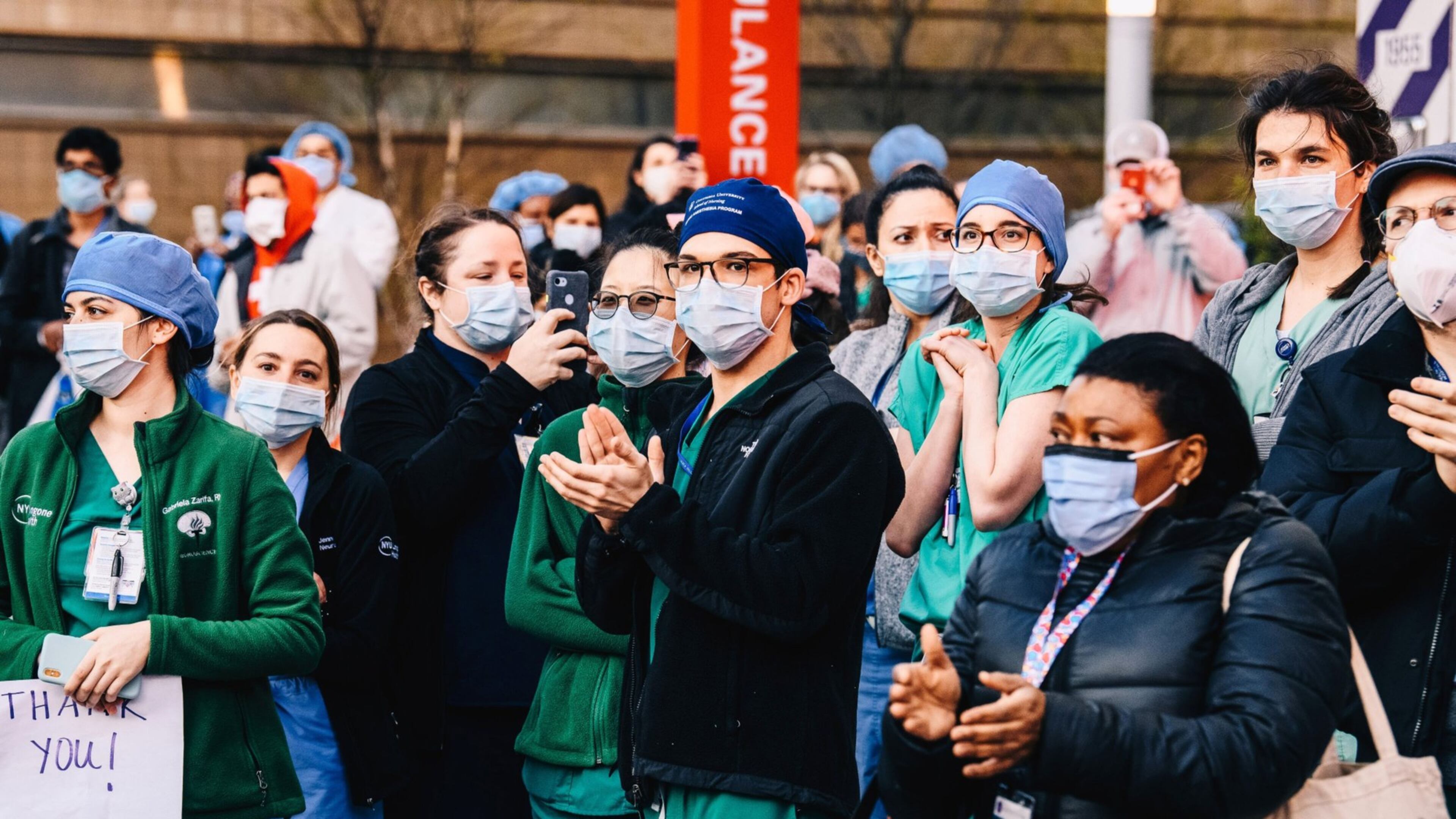UPDATE: Georgia jobless rate rockets to record 11.9% as layoffs mount

Editor’s note: This article has been updated throughout with additional reporting.
Georgia's unemployment rate reached an all-time high of 11.9% in April, and the flood of jobless claims unleashed by the coronavirus has continued in May, the Department of Labor said Thursday.
The state economy lost 492,100 jobs – more than one of every 10 positions – last month, by far the worst month on record. About 580,000 Georgians were officially jobless, more than during the weakest labor market in the wake of the Great Recession.
And May is shaping up as another historically bad month for Georgia, despite government efforts to reopen the economy after Gov. Brian Kemp's shelter-in-place order expired at the end of April.
The state said Thursday it processed roughly 202,522 initial jobless claims last week as many businesses remained closed or operated at only partial capacity.
In the past nine weeks, Georgia’s labor department has processed more than 2 million claims – more than the previous five years combined — and paid about $3.1 billion in state and federal unemployment benefits. More than 855,000 claims have been judged valid thus far.
Nationally, 2.4 million Americans filed jobless claims last week. About 39 million have filed in the past nine weeks, according to the U.S. Department of Labor.
The crush of jobless claims has meant a long wait for thousands of Georgians struggling to pay bills.
Dominique White of Stone Mountain was furloughed April 2 from her $15-an-hour job doing janitorial work at Emory University. The single mother with three children applied for jobless benefits the next day. Although her claim was processed, she’s been waiting for payment.
“People think we’re at home and we’re OK, but we are not OK. It takes a toll on everybody,” said White, 27.
She's used up savings on food and rent. On Wednesday, she saw a neighbor's belongings put out on the curb and assumed that the woman had been evicted. "That is terrifying."
Just three months ago, Georgia's jobless rate was at a historic low of 3.1%, rising to 4.2% in March during the first weeks of the crisis. Then came April's unemployment numbers, blowing past the state's previous high of 10.6% in 2010.
"As horrific as April's job losses were, we expect to see additional losses in the May data," Mark Vitner, senior economist at Wells Fargo, wrote in an email.
The damage has been broad, but deepest in hospitality, where the closures struck first. Accommodation and food services last month accounted for 206,700 jobs lost in Georgia – 42% of the total loss, according to the labor department.
Health care has also suffered a devastating blow as non-COVID procedures were postponed, doctors' offices closed and many home health aides could not work.
Marietta-based Wellstar, one of the larger health care systems in the state, said earlier this week it was laying off 1,070 workers. On Thursday, Emory Healthcare said it would use short-term furloughs, cuts in hours and trimmed executive pay to address a projected $660 million shortfall. The 25,000-employee system will slash the equivalent of 1,500 jobs, but not lay off anyone, according to a statement.
Unlike any previous downturn, the massive wave of layoffs this time was not triggered by any structural or economic problem, said Mark Butler, Georgia's labor commissioner, during a teleconference with reporters.
That sets the stage for recovery, he said. “Georgia, I believe, is raring and ready to get back to work. It’s not like an economic recession where there are no jobs.”
With the economy still bottoming out, the recovery will not be immediate, but it won't take so long either, Butler said. "I base my optimism on a lot of years experience and how we have been able to bounce back before."
That upbeat outlook is not yet shared by many economists, partly because – like Butler – they also see this as a different kind of crisis.
“One of the most troubling parts of this is that we have a health crisis linked to an economic crisis,” said John Johnson, chief executive of Edgeworth Economics, which specializes in the labor market. “There’s such a huge disruption.”
Many Georgians who have lost jobs will have to scramble for new ones, which may not pay as well as what they lost, he said. “Even if you have no fear factor about COVID, you could have a harm that can’t be undone. And if the disease comes back and you have a double dip (in the economy), then it’s a lot harder to come out of.”
Georgia’s unemployment rate
Previous highest: 10.6% (Nov., 2010)
Recent: 11.9% (April, 2020)
Lowest: 3.1% (Feb., 2020)
Sources: Georgia Department of Labor, Bureau of Labor Statistics
Georgia job losses in April
Leisure and hospitality: -206,700
Administrative support: -47,400
Health care, social assistance: -43,000
Manufacturing: -39,600
Government: -15,600
Construction: -11,400
Sources: Georgia Department of Labor, Wells Fargo
Worst monthly job losses
Recession of 1990-91: -15,900 (Feb., 1991)
Recession of 2001: -31,600 (Jan., 2002)
Recession of 2007-2010: -31,900 (Jan., 2009)
Pandemic recession, 2020: -492,100 (April)
Sources: Georgia Department of Labor, Bureau of Labor Statistics

